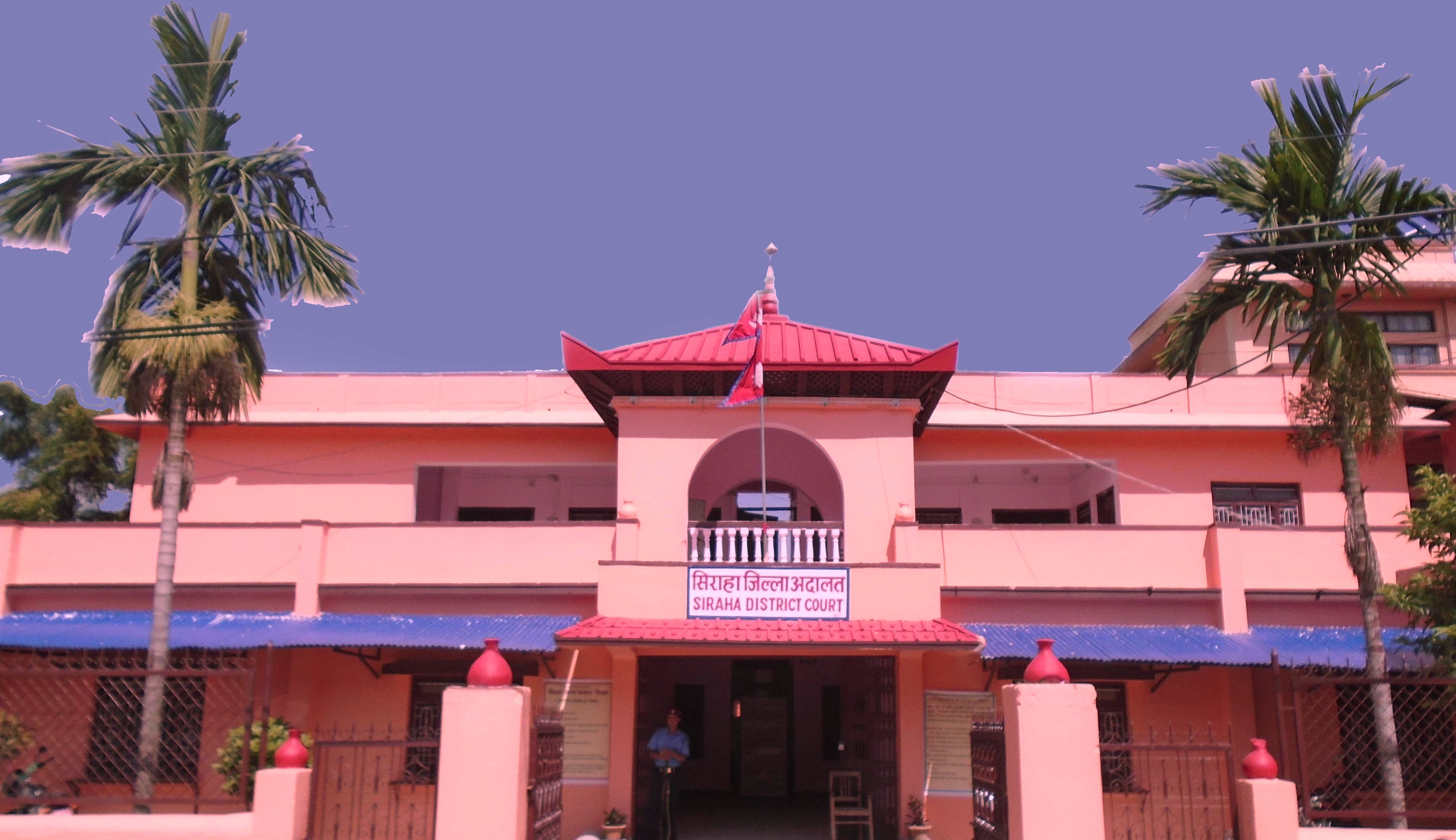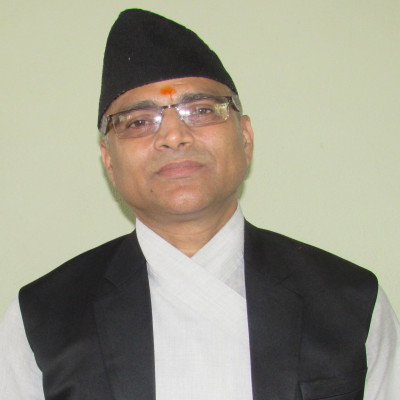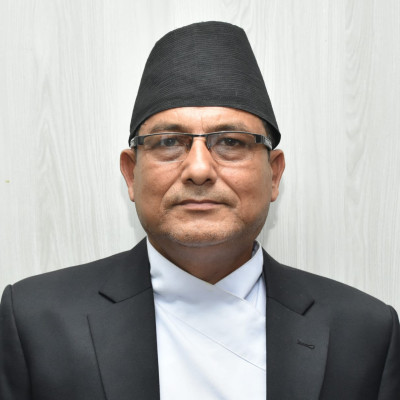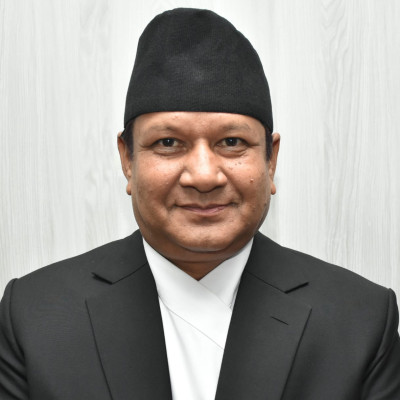According to Article 126(1) of the Constitution of Nepal, the authority related to the administration of justice in Nepal shall be exercised by courts and judicial bodies in accordance with this Constitution, prevailing laws, and recognized principles of justice.
Article 127(1) of the Constitution provides for the establishment of three tiers of courts in Nepal: the Supreme Court, High Courts, and District Courts. Within one year from the commencement of the Constitution, High Courts must be established in accordance with federal law. Upon the establishment of the High Courts, the existing Appellate Courts at the time the Constitution came into effect shall be dissolved, and the cases pending in those Appellate Courts shall be transferred to the High Courts designated by the Government of Nepal through a notification published in the Nepal Gazette upon the recommendation of the Judicial Council.
According to Article 127(2), aside from these three tiers of courts, judicial bodies may be formed at the local level to hear cases or to adopt alternative dispute resolution mechanisms as required by law. In addition, Article 152(1) of the Constitution provides for the establishment of other specialized courts, judicial bodies, or tribunals under federal law to handle and resolve cases of a specific type or nature. However, it is also stated that no specialized court, judicial body, or tribunal may be formed solely for a specific individual case.
Article 137 of the Constitution provides for a Constitutional Bench comprising the Chief Justice and four other Justices to hear cases that include petitions challenging laws as unconstitutional, disputes regarding jurisdiction among the federation, provinces, and local levels, disputes related to the election of members of the Federal Parliament or Provincial Assemblies, disputes concerning the disqualification of those members, and serious constitutional interpretation questions pending before the Supreme Court, as designated by the Chief Justice.
At the apex of Nepal's judiciary is the Supreme Court, which functions as a court of record. Currently, there are seven High Courts in Nepal, including nine benches and two temporary benches, making a total of 18 High Courts and benches. There is one District Court in each of the 75 districts.
In addition to these, justice is also administered through various other judicial bodies and tribunals, including the Special Court, Administrative Court, Labor Court, Debt Recovery Tribunal, Revenue Tribunal, and Foreign Employment Tribunal.
Regarding the administration of justice, various acts and regulations are in effect, such as the Constitution of Nepal, the Judiciary Administration Act, 2073 (2016), the Supreme Court Act, 2048 (1991), the Supreme Court Rules, 2049 (1992), the High Court Rules, 2073 (2016), and the District Court Rules, 2052 (1995), along with other related laws and regulations.









-thumb.webp)

